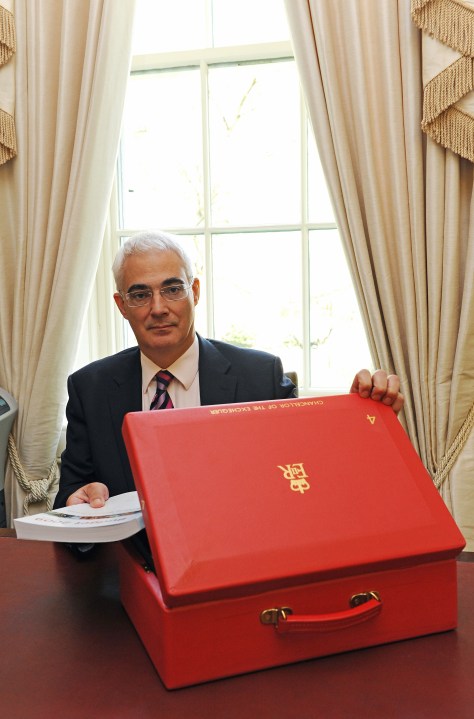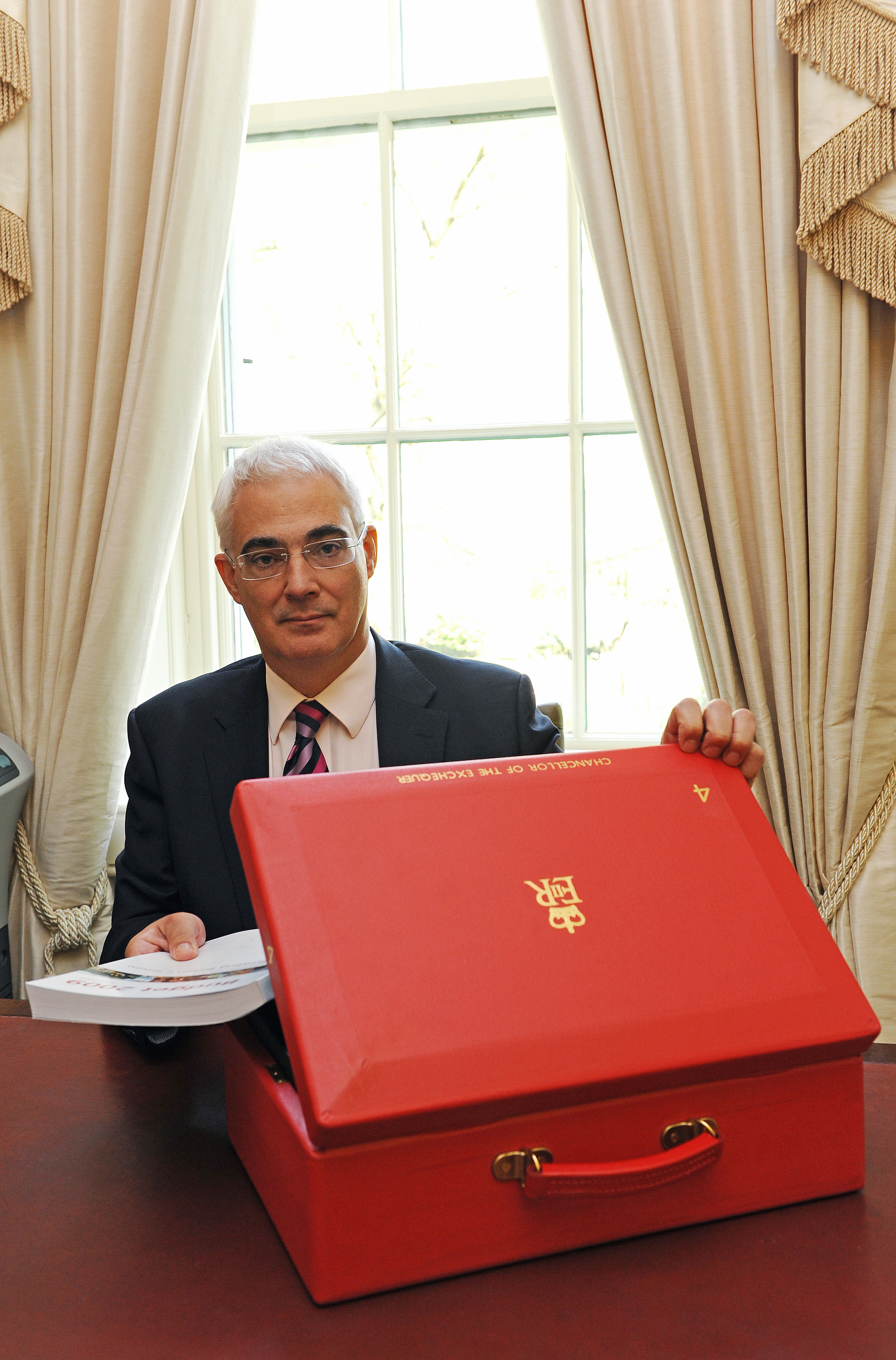 In anticipation of the Budget, I wrote last week that Alistair Darling would announce an extra £1.5 billion in funding for the Flexible New Deal, the Government’s welfare-to-work programme that is the equivalent of a shiny, new, environmentally friendly car. The scheme is going to use companies to help people on Jobseeker’s Allowance who have been claiming for 12 months or more find work rather than make them keep going to their Jobcentre Plus – i.e. it is set to allow claimants to trade in their old bangers for something much improved. This is good for them, but the recession has wrecked the Government’s financial plan for the scheme.
In anticipation of the Budget, I wrote last week that Alistair Darling would announce an extra £1.5 billion in funding for the Flexible New Deal, the Government’s welfare-to-work programme that is the equivalent of a shiny, new, environmentally friendly car. The scheme is going to use companies to help people on Jobseeker’s Allowance who have been claiming for 12 months or more find work rather than make them keep going to their Jobcentre Plus – i.e. it is set to allow claimants to trade in their old bangers for something much improved. This is good for them, but the recession has wrecked the Government’s financial plan for the scheme.
The prediction of the extra money mattered because the companies who have been bidding for the contracts to run the Flexible New Deal have known for months that the Government needed to announce an increase in funding. Because the number of people claiming Jobseeker’s Allowance has nearly doubled since July last year (835,000 to 1.5 million, with more jumps set to come), the amounts of people likely to join the Flexible New Deal must be rising too.
Yesterday, when Alistair Darling announced an extra £1.7 billion, he said that it was for both the Flexible New Deal and the Jobcentre Plus network. The inclusion of the latter as a recipient of the funding was a smokescreen to prevent the Government’s real projections of future unemployment becoming known (because the original £1.6 billion budget was projected to account for 773,000 claimants over the seven years of the scheme, a doubling of money would mean that the Department for Work and Pensions was expecting the number of people using the programme to double too). The Department’s press office refused to confirm how much money would be sent down either chute.
Because only 10% of all Jobseeker’s Allowance claimants tend to still be on the benefit after a year, a doubling of the number of people joining the Flexible New Deal after that period means that the overall Jobseeker’s Allowance population could, according to the calculations of the Department for Work and Pensions behind the contracts for the Flexible New Deal, reach over 14 million people over the seven years of the scheme’s life. This is an extraordinarily high figure, because with fluctuations in the economy it means that around three million people will be on Jobseeker’s Allowance from next year and then for a few years after that too. The costs of this scenario for claimants and the rest of society are so dreadful, that this is much more serious than simply being a case of navigating the perfidy of the Government over its figures.
Lawrence Kay is a research fellow in the economics unit at Policy Exchange







Comments